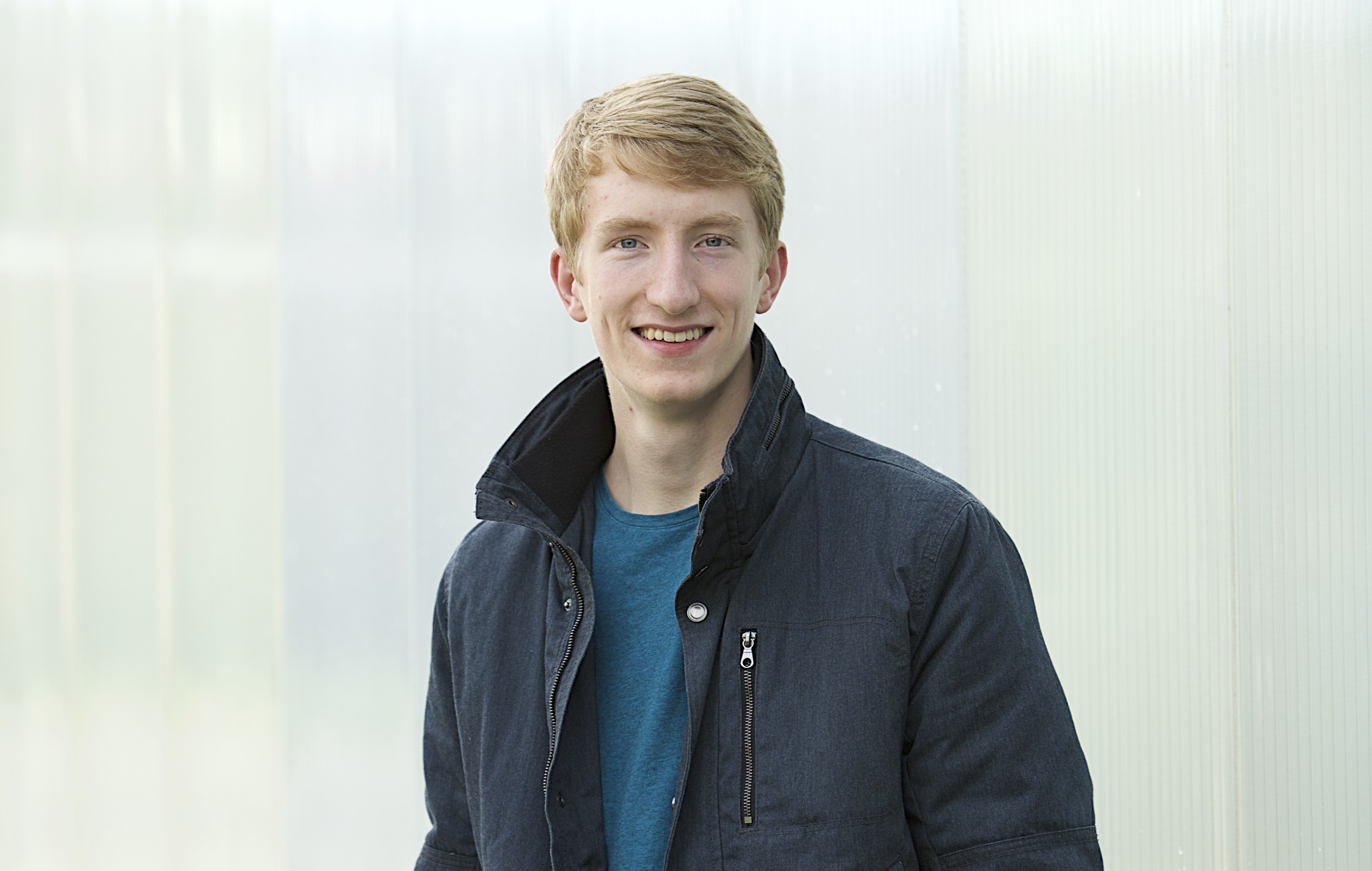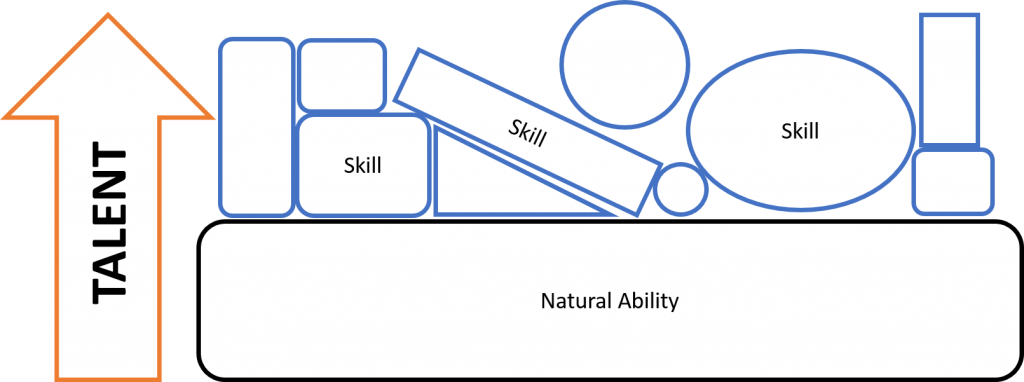This week I was able to check off a bucket list item – have a coffee master class.
Thanks to Taylor St. Baristas I was able to spend a day learning about coffee – from sourcing, to roasting, to brewing. The level of detail covered was incredible and this was in the short version of weeks and months’ worth of training!
It really isn’t truly appreciated how much of a science and an art coffee as a topic is. What stood out for me the most was the attention to detail given at every single stage of the process – in specialty coffee at least.
How is a barista tested?
They’re given a bag of beans, access to a machine they’ve never used, potentially a water supply they’ve never used and a set amount of time to pull the perfect espresso shot. Sounds easy, right?
Grind the coffee, tamp, place into the espresso machine and press the button. If it’s not quite perfect then that’s just the tester being picky? Well I thought similarly, until I tasted an almost perfect shot compared to perfection, the difference was clear.
This test is extremely impressive due to the level of detail that it requires. If the shot isn’t quite right then perhaps the grind size needs altering, but that will then impact on extraction percentage and time needed to extract, but that can influence the end weight… the implications of the smallest of changes are endless – change one thing and something else needs to change. It is the ability to consider all these small details and work them out under pressure that qualifies a high level barista and it is that ability that stands out as a lesson that can be learnt and applied in different environments.
A barista will care about the parts per million (ppm) of the water coming into their machine and will apply filters to make it suits their requirements. The process of heating the water isn’t simple either, with potentially three stages of heating in just one machine; what temperature to bring each level to is an ongoing investigation.
No detail is too small to be important, if it is a variable they can in some way control, they will!
You might be reading this thinking “I don’t even like coffee”. Even if you don’t, appreciate the scrutiny of the process and think about how you can apply that level of detail to your work – things might not seem important on the surface, but even the smallest of changes can impact the bigger picture.
P.S. I tried my hand at latte art… I’m pretty proud for my first attempt 🙂












